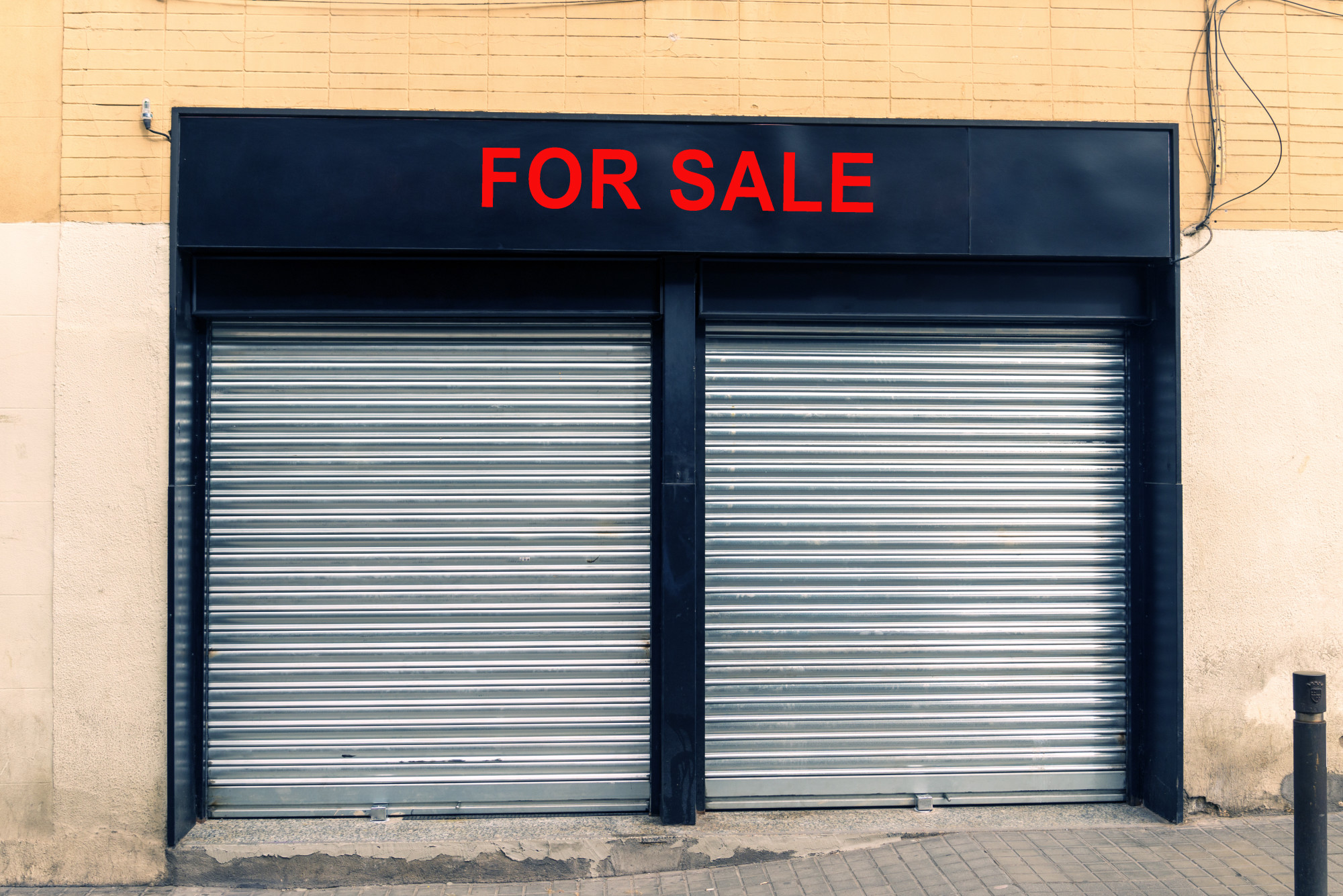What is a Short Sale?

Mortgage default rates in the U.S. have been dropping for the last ten years. According to the Consumer Financial Protection Bureau, mortgage delinquency rates have decreased by half since 2009. However, there are still plenty of Americans under the threat of foreclosure. Many are opting to make a short sale on their home.
Foreclosing on your home can have a number of downsides, including credit damage, the inability to get relocation assistance, and difficulty renting a property. This is why alternatives should be considered before you go through with it.
Now, it's important to note that a short sale isn't the right move for everyone. You need to be in a unique position for it to be beneficial. That's why educating yourself should be your first move.
Let's break down the basics of a short sale and go over some pros and cons.
The Fundamentals of a Short Sale
Sometimes homeowners end up in a situation where the value of their home is less than the remaining balance on their mortgage. Maybe they've been unable to make necessary repairs and maintain the value of the home. In many of these instances, the homeowner has suffered financial setbacks that have caused them to miss mortgage payments.
These scenarios often end in a foreclosure, but this isn't the only route. Another alternative is a short sale, in which the home goes on the market for less than the remaining mortgage balance. Homebuyers can negotiate with the sellers on a price and then seek approval from the lender.
This may not seem like a logical move for the mortgage lender, which is usually a bank. Why would they want to take less than what is owed by the current owner? It turns out there are some reasons why a lender would want to move forward with a short sale.
It's important to note this transaction can't happen without approval from the lender first. After all, they're the ones taking on more risk. However, sometimes a foreclosure is more costly and time-consuming for the bank. If the conditions are right, approving a short sale would be in their better interest.
Understanding the Process
The requirements for carrying out a short sale vary from state to state. However, the steps are generally the same. If you're considering this type of home sale, you need to make sure you understand the process and seek professional real estate advice if you have questions.
The first step involves submitting several documents to the lender. These include financial records and an explanation as to why the short sale is occurring. Once the seller gets an offer from a buyer, the real estate agent involved will need to send some items on behalf of the buyer. These include the offer, pre-approval letter, and a copy of the check for the earnest money. The bank will then review everything and either approve or deny the short sale.
If the sale is approved, it proceeds very similarly to a normal home purchase, with a few small differences. For example, the contract will state that the terms of the sale depend on approval from the bank. The home will also need to be purchased "as-is." While the buyer can still have the home inspected, negotiating for a lower purchase price based on the outcome of the inspection isn't an option.
Buyers should understand that even though they're paying the lender, the bank probably won't make any repairs. Plus, because the current owner is most likely in financial distress, they won't either.
Benefits of a Short Sale
On the surface, a short sale may not seem like the best idea. However, there are a number of advantages for both the seller, buyer, and lender. Granted, it's not the best scenario for the sale of a home, but we don't live in a perfect world.
For the seller, the biggest benefit is avoiding foreclosure. The foreclosure process can be stressful, costly, and ruin a person's credit. While a short sale won't look good on the seller's financial record, it's much less damaging than a foreclosure. Plus, the seller is absolved of further mortgage payments.
For the buyer, the main benefit is the ability to purchase a home at a lower price. Yes, they're buying a house that most likely has issues. However, if they have the means to perform renovations and they love the property, it's a good move. The buyer in a short sale may also be able to negotiate financing terms with the lender. Finally, because the seller is motivated, the process typically goes over smoothly.
Lenders can benefit from a short sale as well. The main advantage is that they're at least getting some of the remaining mortgage balance. This is better than nothing. Plus, the foreclosure process is a huge burden many lenders want to avoid.
Disadvantages to Consider
While a seller may be out of the woods when it comes to the threat of foreclosure, they'll still experience some drawbacks after a short sale. That's why it's important to weigh all options if you're considering moving forward with one.
There's a chance the lender will report the seller to the credit bureaus. This can damage the seller's credit score. However, this can take a while to happen and it's hard to gauge the extent of the damage.
Another disadvantage is that there's no way to know whether the short sale will be approved by the bank. It also may take a while for the bank to make a decision. This can be a stressful time, especially if the seller is experiencing major financial hardships. Plus, the bank will most likely go through all the seller's personal finance information, including tax documents, assets, and bank accounts.
Finally, a lender may opt to file a deficiency judgment due to the difference between the price of the home and the outstanding mortgage debt. This could result in the deficient amount going to collections or a lawsuit being brought against the seller by the lender. These things could happen even after the short sale has gone through.
Resources:
https://www.thebalance.com/deficiency-judgements-after-foreclosure-1798478











